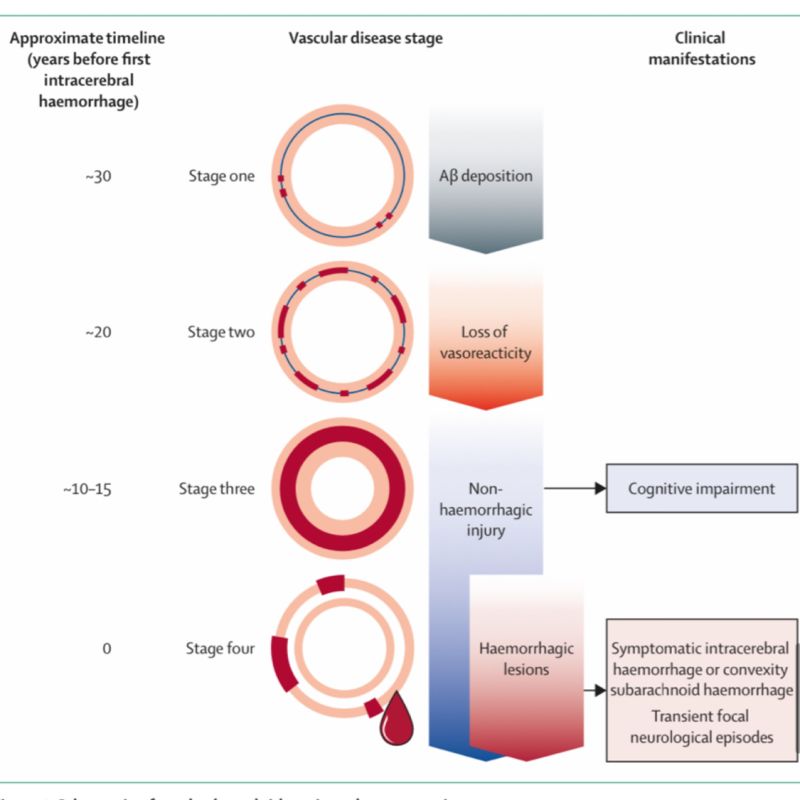Rolf hoopt met zijn onderzoekt hersenbloedingen te voorkomen
Dutch CAA Foundation doneert beweegapparaten aan de Wilbert in Katwijk
De Dutch CAA Foundation heeft van de opbrengst van de benefietavond die in samenwerking met de Dirk Kuyt Foundation is gehouden, twee spiksplinternieuwe beweegapparaten gedoneerd aan de Wilbert in Katwijk. De Wilbert richt zich al enige jaren op behandeling, begeleiding en zorg voor mensen met D-CAA (de Katwijkse ziekte) en op de ontwikkeling van expertise bij professionals op het gebied van deze aandoening. Onlangs zijn deze apparaten tijdens een gezellige bijeenkomst met o.a. Patrick Ravensbergen (De Wilbert), Saskia Hulscher (Dirk Kuyt Foundation), Paul van der Zande (DCAAF) en bewoners van de Marente feestelijk in gebruik genomen.



